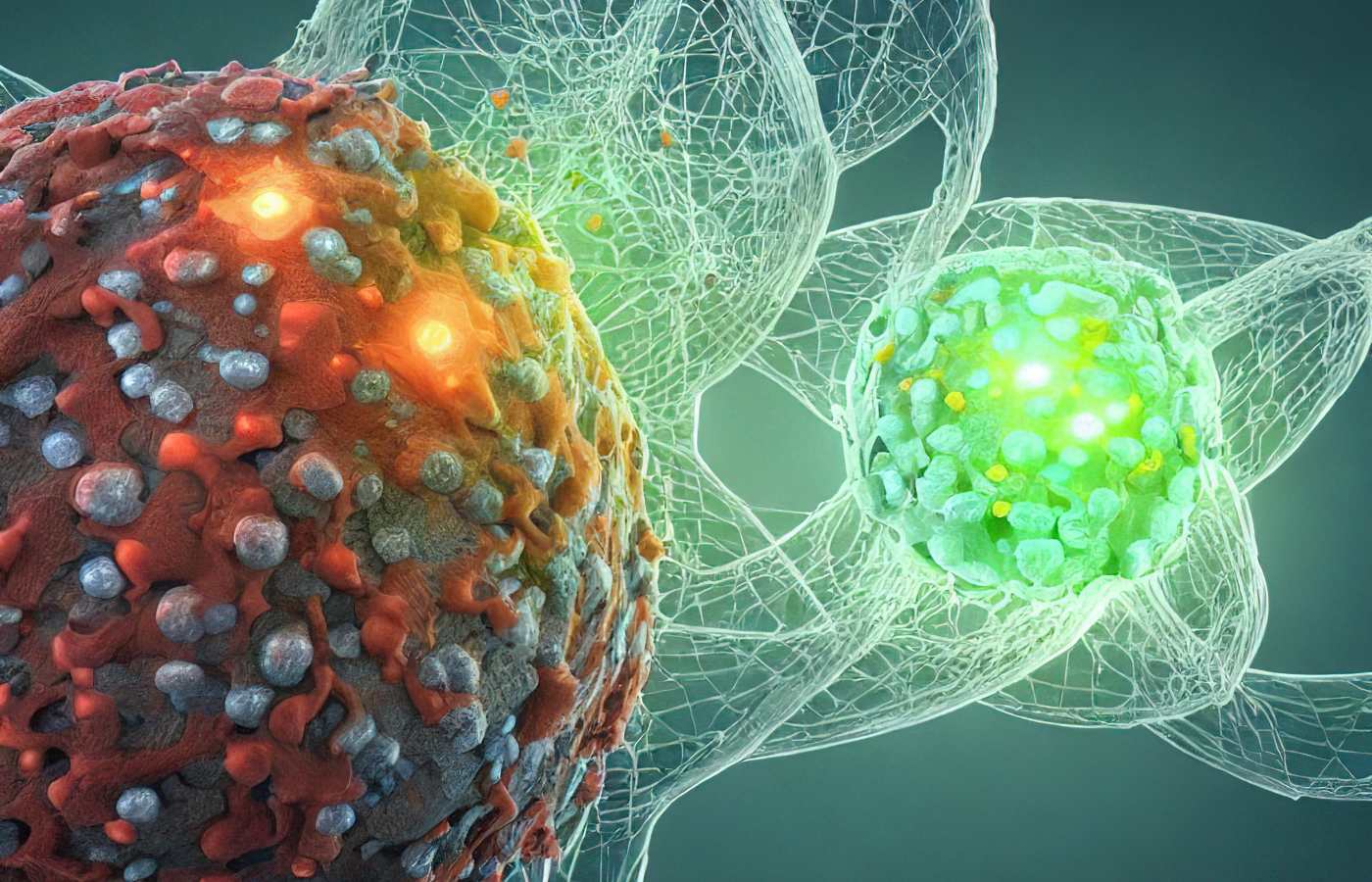Introduction
Mesothelioma is a rare and aggressive form of cancer that mainly affects the lining of the lungs and abdomen. It develops from mesothelioma cells, which are abnormal cells that grow uncommonly and form tumors. Understanding the types of mesothelioma cells, their causes, and treatment options is necessary for those affected by this disease. This guide will provide an overview of these aspects, helping you gain a clearer understanding of mesothelioma and the steps that can be taken to combat it.
To put it in simple terms, mesothelioma cells are abnormal cells that form mesothelioma, a type of cancer that primarily affects the lining of the lungs and abdomen. What causes these cells to form and what can we do about it?
1. Types of Mesothelioma Cells
There are three main types of mesothelioma cells, each one having its own unique characteristics and behavior. They are:
Epithelioid Mesothelioma Cells: These are the most common type and make up about 50-70% of all mesothelioma cases. They spread slower than the other types, which means that treatments often work more effectively on them.
Sarcomatoid Mesothelioma Cells: Quite the opposite of their epithelioid counterparts, sarcomatoid cells are bad news. They spread quickly and are much more resistant to treatment. They account for about 10-20% of all mesothelioma cases.
Biphasic Mesothelioma Cells: As you can infer from its name, this type contains a mix of both epithelioid and sarcomatoid cells. They make up about 20-35% of cases, with the prognosis largely depending on the ratio of the two cell types.
Understanding what mesothelioma cells are is the first step in the battle against this disease. With this knowledge, we can better choose from among the treatment options, which we'll explore next!
2. Causes of Mesothelioma
What causes these cells to form in the first place? Multiple reasons can be cited:
Asbestos Exposure: This is our main culprit, that accounts for a large majority of mesothelioma cases. Asbestos is a naturally occurring mineral that was widely used in construction and other industries due to its heat resistance and insulation properties. When inhaled or swallowed, asbestos fibers can lodge into the lining of the lungs or abdomen, which causes immense damage and lead to the development of mesothelioma cells.
Radiation: Exposure to high levels of radiation can also cause mesothelioma. This is rare condition but can affect individuals who have had radiation therapy for other types of cancer.
Genetics and Family History: Some people may inherit a predisposition to mesothelioma. If you have a close relative with the disease, it could increase your risk. However, it's worth noting that this is a less common cause.
SV40 Virus: This is a rare cause, but some studies suggest that exposure to the simian virus 40 (SV40) might increase the risk of developing mesothelioma.
So, the causes of mesothelioma range from occupational hazards like asbestos exposure to genetic predisposition and even rare viruses. Now, when you're asked about mesothelioma, you can explain not just what mesothelioma cells are but also what causes them to form.
3. Treatment Options for Mesothelioma
Alright, now that we've tackled what mesothelioma cells are and what causes them, let's move on to discuss the various treatment options available. It's like a three-course meal - we've had the appetizer and the main course, and now it's time for dessert.
Surgery
For many patients, surgery can be a good option, especially if the disease is caught early. There are different types of surgeries depending on the location and stage of the mesothelioma:
Extrapleural Pneumonectomy (EPP): This is a major surgery that involves removing the affected lung, part of the diaphragm, and other nearby tissues.
Pleurectomy/Decortication (P/D): This surgery aims to remove as much of the tumor as possible while leaving the lung intact.
Radiation Therapy
This treatment uses high-energy rays (similar to X-rays) to kill mesothelioma cells. It's often used in combination with surgery or chemotherapy to improve the effectiveness of treatment.
Chemotherapy
You might be familiar with this one. Chemotherapy uses drugs to kill cancer cells and is often used when surgery isn't an option. It can also be used before surgery to shrink tumors or after surgery to kill any remaining mesothelioma cells.
Immunotherapy
This is a newer form of treatment that uses the body's immune system to fight cancer. While it's not a standard treatment for mesothelioma yet, clinical trials have shown promising results.
Clinical Trials and Emerging Treatments
Beyond the traditional treatments, there are also clinical trials testing new treatments for mesothelioma. These could include gene therapy, photodynamic therapy, or targeted therapy, which specifically targets mesothelioma cells.
So, there you have it - a range of treatment options for mesothelioma, from surgery and radiation therapy to chemotherapy and even exciting new treatments on the horizon. It's important to discuss these options with your healthcare team to decide the best course of action for you. You now know not only what mesothelioma cells are but also the causes and treatment options.
Conclusion
Understanding mesothelioma cells, their causes, and the available treatment options is important in the fight against this deadly disease. From identifying the different types of mesothelioma cells to exploring several treatment strategies, knowledge empowers patients and their families to make right decisions. Continued research and improvements in treatment offer hope for better outcomes and improved quality of life for those affected by mesothelioma. By staying informed and motivated, we can work towards better management and eventual removal of this challenging cancer.


